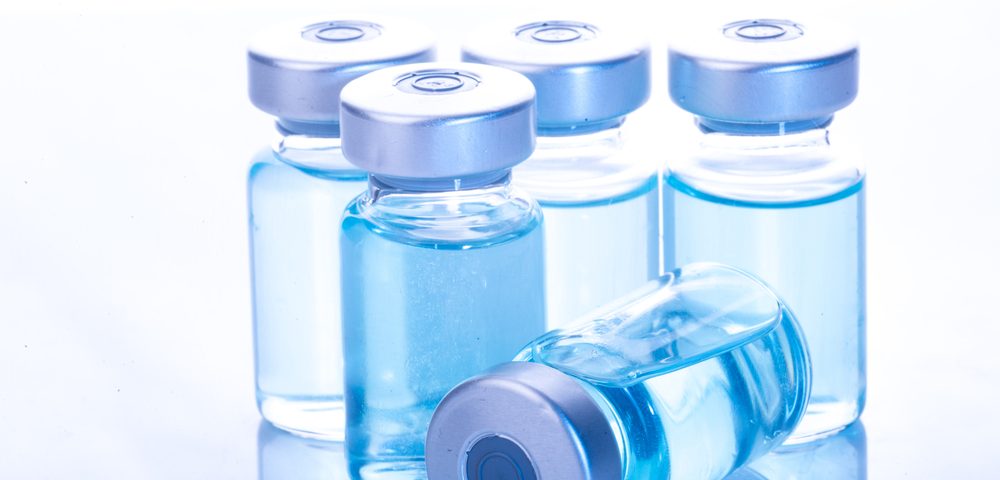Imfinzi (durvalumab) increased the time to disease progression or death in patients with advanced, non-small cell lung cancer (NSCLC) who had not progressed following standard care with platinum-based concurrent chemoradiotherapy, a Phase 3 clinical trial has shown.
Based on the trial results, the U.S. Food and Drug Administration (FDA) granted breakthrough therapy designation to Imfinzi in July. This designation is meant to expedite the development and review of drugs that may be a better treatment for patients with serious or life-threatening disease than existing options.
The results from the Phase 3 PACIFIC trial (NCT02125461) were reported at the European Society for Medical Oncology (ESMO) 2017 Congress in Madrid. The abstract was titled, “PACIFIC: A double-blind, placebo-controlled Phase III study of durvalumab after chemoradiation therapy (CRT) in patients with Stage III, locally advanced, unresectable NSCLC.”
At the same time, the results were published in the article, “Durvalumab after Chemoradiotherapy in Stage III Non–Small-Cell Lung Cancer” in the New England Journal of Medicine.
Imfinzi is an anti-PD-L1 (programmed death ligand-1) antibody, a kind of drug called a checkpoint inhibitor, that unblocks the immune system allowing it to fight cancer.
In the PACIFIC trial, Imfinzi was tested as a consolidation therapy, a drug that is used to kill any cancer cells that may be left in the body after prior treatments. Patients with NSCLC whose cancers had not progressed following platinum-based chemoradiotherapy, and for whom surgery was not an option, were included in the study.
It enrolled 713 patients. Of them, 473 patients were treated with Imfinzi and 236 received a placebo. Testing began up to 42 days after chemoradiotherapy.
Data summarized in a press release show that the primary endpoint — increased progression-free survival, or PFS — was met. Median PFS in the Imfinzi group was 16.8 months, versus 5.6 months in the placebo group, representing a 48% reduction in the risk of disease progression or death.
In the Imfinzi group, 55.9% survived for 12 months or more without progression of their cancer, and 44.2% survived for at least 18 months compared with 35.3% at 12 months and 27% at 18 months in patients receiving the placebo.
Adverse events (AEs) were similar between Imfinzi and the placebo. Pneumonia was the most common AE, occurring in 4.4% versus 4.3% of patients, respectively.
Discontinuation of participation in the study occurred with 15.4% of patients in the Imfinzi group and 9.8% of patients on a placebo.
According to Johan Vansteenkiste of the Respiratory Oncology Unit at University Hospital KU Leuven, Belgium, who discussed the study results, this is the first strong “interim-PFS” positive Phase 3 trial on systemic therapy for stage 3 NSCLC in decades.
The trial was sponsored by Imfinzi developer AstraZeneca.


